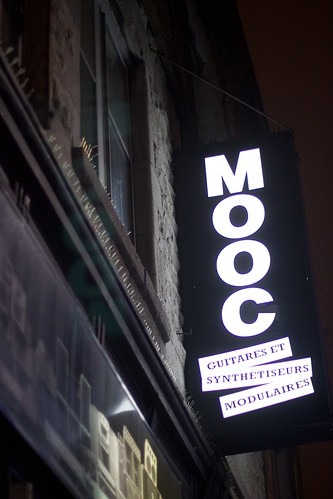What do the strategies and activities developed at CSU and Massey (to foster change in Blended and Flexible and Distance Education) help us to understand about learning leadership?
The final report was called: Learning leadership in Higher Education – the big and small actions of many people, and was authored by myself (Merilyn Childs, Chief Investigator), Mark Brown (Massey), and Mike Keppell, Zeffie Nicholas, Carole Hunter and Natasha hard (CSU). We also produced a short report. I will post here a link to the full report when it is available.
Three key lessons emerged from the study.
1. Innovation in blended and flexible learning and distance education needs to be aligned to institutional vision – and the institution needs to manage the tensions that can exist between alignment, creativity and innovation.
2. Good practice in blended and flexible and distance education needs to be manifested through sustainable, consistent and supported opportunities.
3. Regardless of the strategy or activity, commitment to approaches that enable academics to take time, collaborate, share, network and connect are key to innovation in blended and flexible and distance education.





